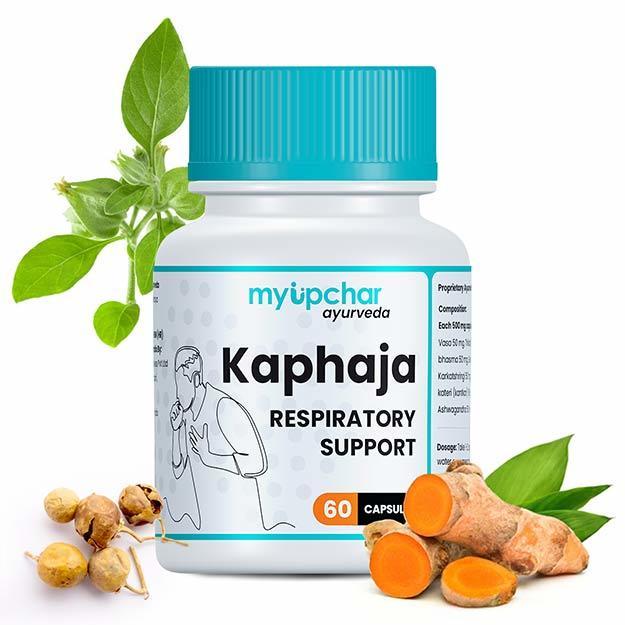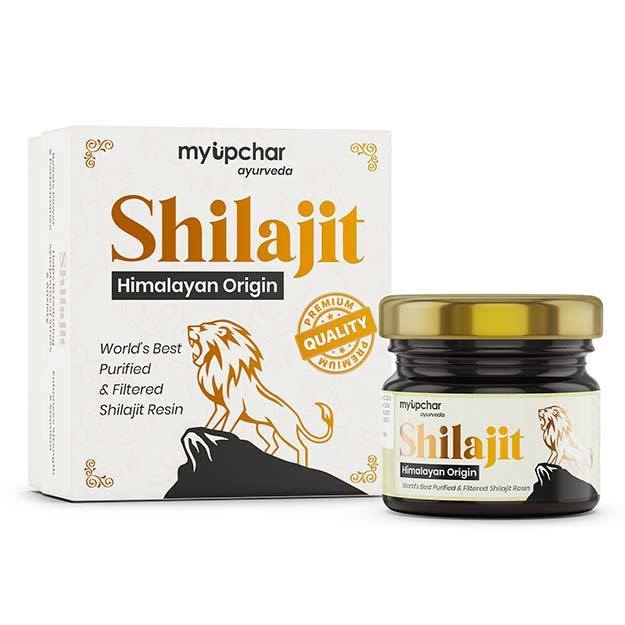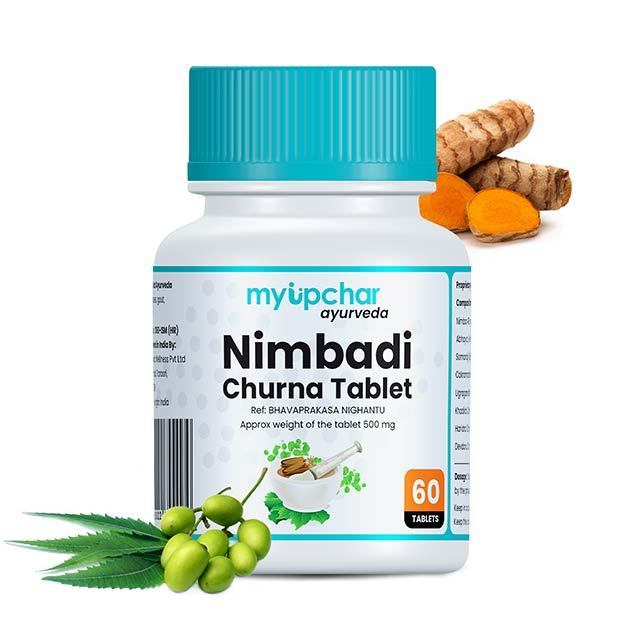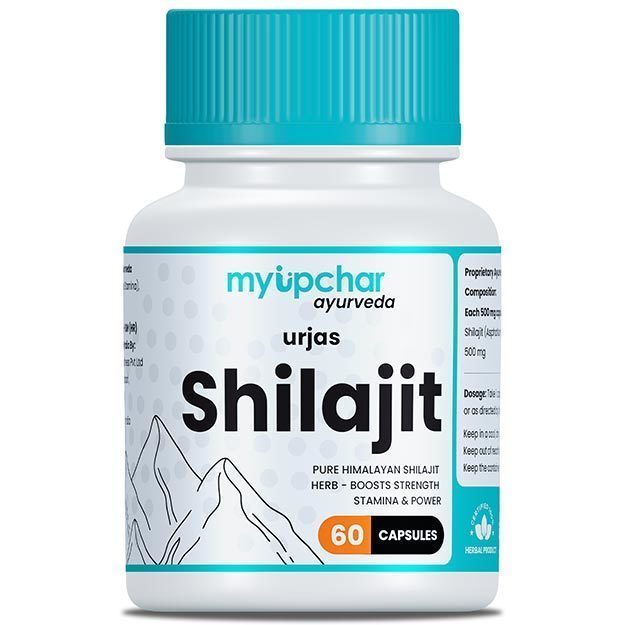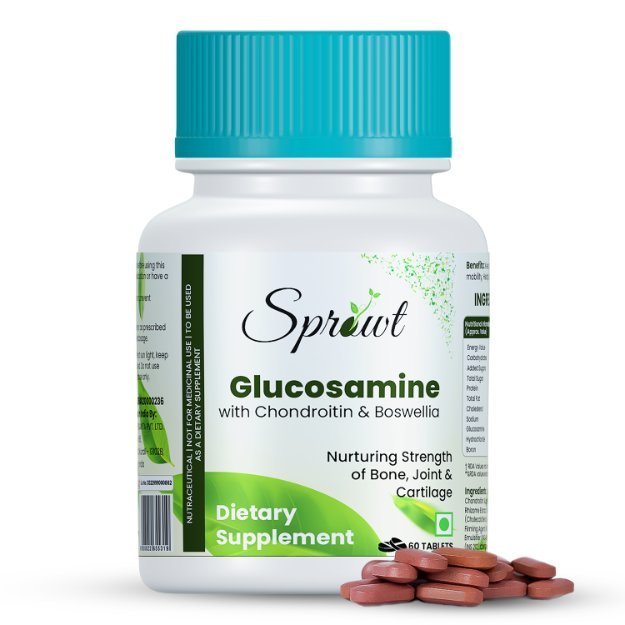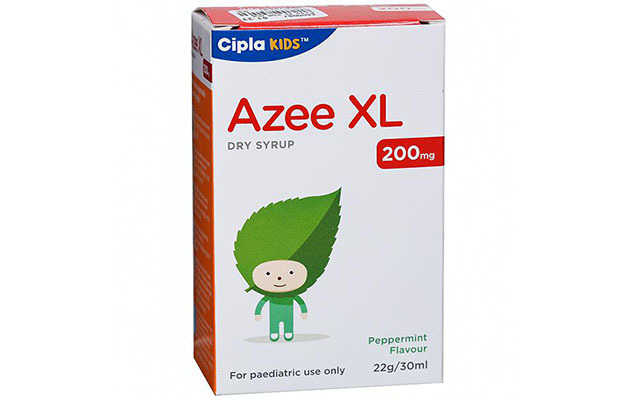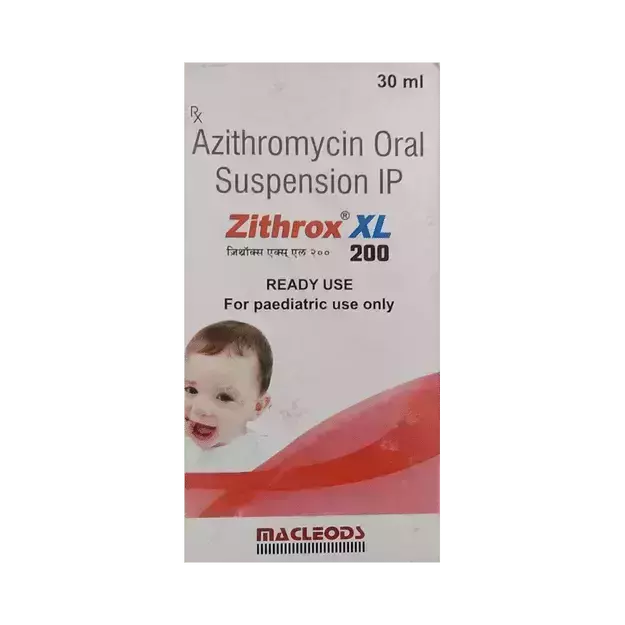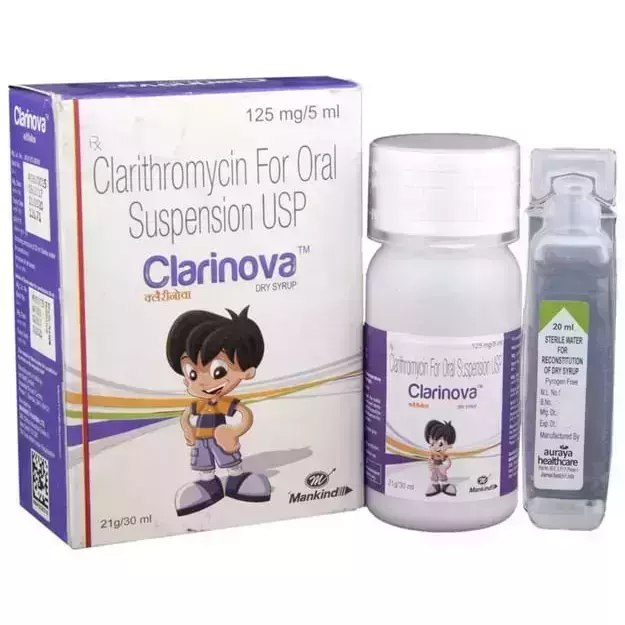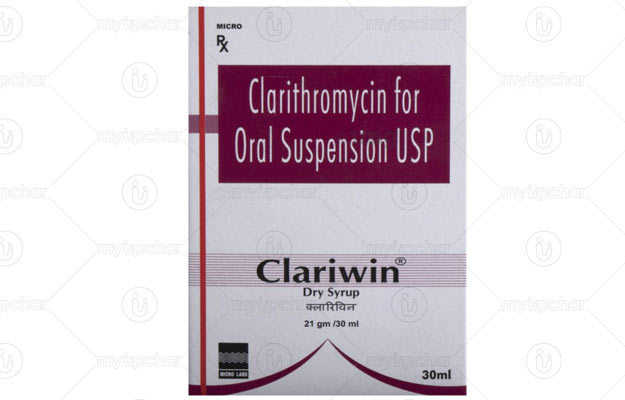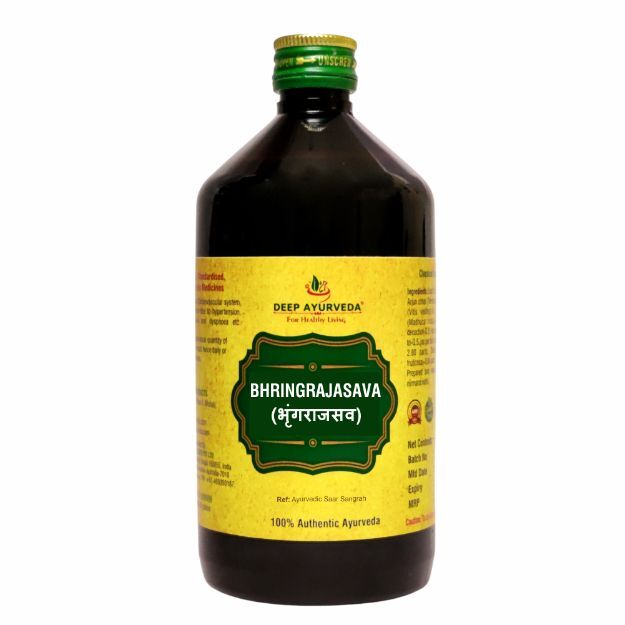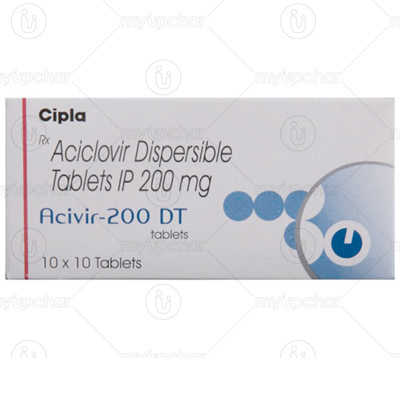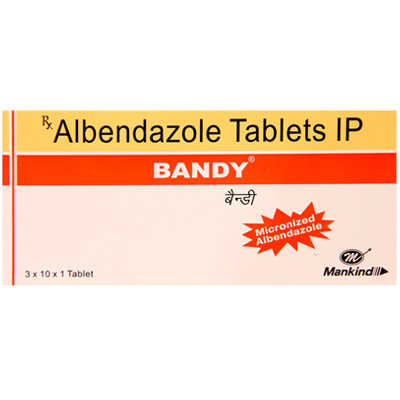Chlorocin Syrup, a prescription drug, is manufactured in various forms such as Syrup. Primarily, it is used for the treatment of Bacterial Infections. The alternative uses of Chlorocin Syrup have also been explained below.
The correct dosage of Chlorocin Syrup depends on the patient's age, gender, and medical history. The condition it has been prescribed for, and the route of administration also determine the right dosage. This information has been provided in detail in the dosage section.
Apart from the aforementioned side effects, Chlorocin Syrup can also lead to other problems, which have been listed below. Normally, these side effects of Chlorocin Syrup are not long lasting and go away when the treatment is finished. However, if these continue for a longer time, consult your doctor right away.
Furthermore, you should know that effect of Chlorocin Syrup is Severe for pregnant women and Severe for women who are breastfeeding. Further, the section on Chlorocin Syrup related warnings talks about Chlorocin Syrup's effects on the liver, heart and kidney.
Chlorocin Syrup is not recommended if you suffer from certain medical conditions as it can have adverse effects. Kidney Disease, Liver Disease are examples of such conditions. The section on Chlorocin Syrup contraindications lists all such conditions.
Drug interactions for Chlorocin Syrup have been reported in the medical literature. A complete list of these interactions is given below.
You should also be aware that Chlorocin Syrup is safe while driving, and is addiction.
X










